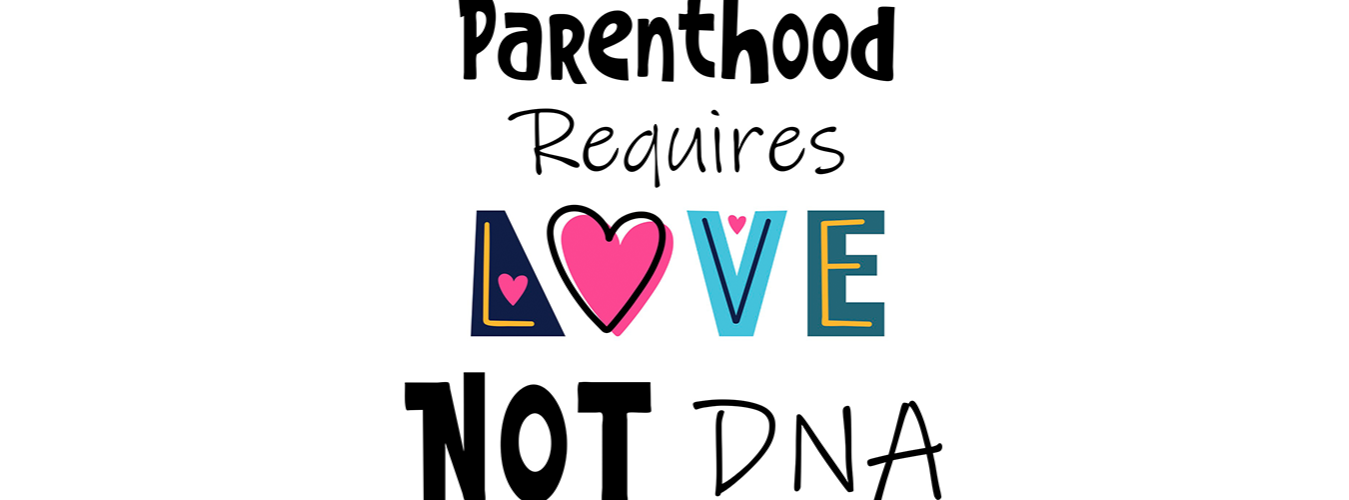
Donor Programme
The DONATION PROGRAMME also known as third party reproduction has come as a relief for childless couples who are unable to have their own biological child. The phrase “third-party reproduction” refers to involving someone other than the individual or couple that plans to raise the child. This includes using donated eggs, sperms, or embryos. Such ART procedures require the written informed consent of both the couple and the donor. A child born via an ART procedure will be deemed to be the couple’s biological child in the eyes of the law and is entitled to all such rights. The donor does not retain any parental rights over the child.

For some couples, this can be their only chance to conceive a baby. It also makes it possible for single women and same-sex couples to have a family. It is a relatively simple medical procedure, but there are many complex and sometimes emotional decisions to make throughout the process.
We at Petals IVF, provide a comprehensive and supportive donor program to help couples and individuals who need to use donor eggs, sperm or embryos as part of their fertility treatment.
Embryo Donation Programme
The embryo donation programme in India is well-established and a successful form of assisted reproductive treatment. It can also be described as adopting the child. The couples who have completed their IVF treatment and still have stored frozen embryos left from previous IVF cycles, may decide to donate those embryos to another woman or couple who are having trouble conceiving.
Should we donate our embryos?
Whether to donate your embryos is a complex decision and the donating couple will need to consider as well as understand the ethical and social implications of this choice. Reasons you might consider while donating your embryos, include:
You may wish to make an anonymous donation to give the beautiful gift of life to someone.You may prefer to donate them to training and research and help in scientific endeavors.
At Petals IVF, we offer counseling for couples wishing to donate their embryos and also for the recipients.
Who should opt for receiving embryo donation?
- Couples with a high risk of passing genetic disorders
- Couples with h/o repeated IVF failures
- When both the partners have serious fertility issues.
The embryo donation steps are just like egg donation. The embryos are matched according to the physical appearance, complexion, height, ethnicity, and religion of the donor and recipient couple. Once this is done, the cycle usually proceeds quickly. Embryo donation in India starts with the couples who have conceived with IVF and have completed their families.
Sperm Donation Programme
Sperm donation is a safe and effective procedure in which a young man donates semen — the fluid containing sperm that is released during ejaculation — to help an individual or a couple conceive a baby. A man who makes a sperm donation is anonymous to the recipient. In India, only a registered ART bank can screen, collect and store semen. Sperm donation can be done by men from age between 21 and 55 years. A bank cannot supply the semen of one donor to more than one couple.
Before the sperm donation:
Thorough medical history and physical examination of the sperm donor are done. The age and weight are noted. H/O any significant past, personal or family is taken. Complete physical examination is done very carefully for any other concerning signs and symptoms. Some tests are advised before the donation of the sperms. Sperm donor should also understand the possible emotional, psychological and legal issues of sperm donation.
The person who passes the screening test, by fulfilling all the criteria, is asked to sign a consent form which states that the person denies any risk factors for genetic infections or sexually transmitted infections. The donor is asked not to ejaculate either through masturbation or sex, for 3 to 5 days before donating. Before becoming an official sperm donor, the person has to give semen samples. These samples are tested for quality, quantity, movement., structure and shape of the sperm.
The sperm donation process is done at the sperm bank. For the process of sperm donation, the donor is sent to a private room. The donor has to masturbate and collect the semen into a sterile container and then close it with a lid. This container is then handed over and semen analysis is done.
After the process of sperm donation, the sperm sample is preserved to be used later. The sperm sample will be evaluated again for quantity, movement, and quality. And then the donated sperm can be later injected into a woman’s reproductive organs (intrauterine insemination) or used to fertilize mature eggs in a lab (in vitro fertilization).


